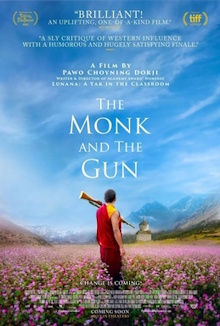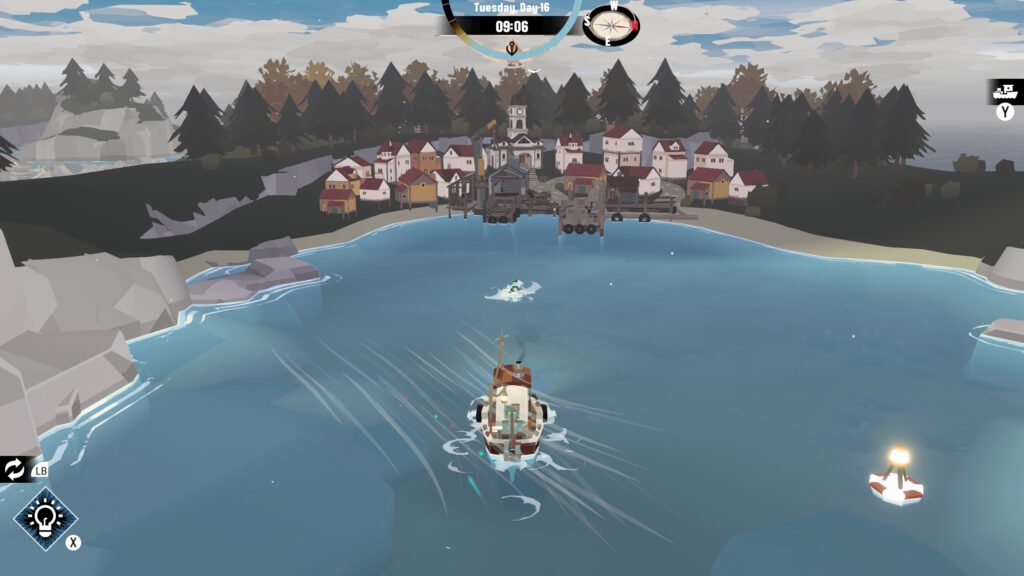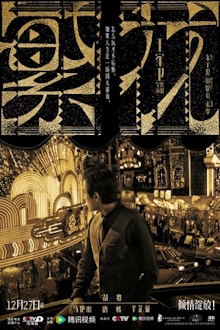I too thought that I’ve had my fill of Clint Eastwood’s Westerns yet here’s a last one. Not only was this the very first time he both acted and directed in a Western himself but it is probably his morally ambiguous role. Indeed the film is notorious for having his character rape a woman soon after he arrives in town. The rest of the film isn’t quite that shocking unfortunately and in the end I liked the concept of it more than the execution. This has a rough and ready gritty feel but I think it would better achieve what it is trying to do with a more polished look.
Continue reading High Plains Drifter (1973)All posts by Wan Kong Yew
The Water Outlaws
I was leery about the premise behind this novel when I first heard about but hey if people like a genderbent version of the Chinese classic Water Margin, why not? Then it was a finalist for the Nebula Award and was recommended by a bunch of critics, so I thought I should give it a shot. Specifically I was curious about web fiction not being widely recognized and wondered how a properly published book lauded by mainstream critics would match up. My verdict is not well at all. It’s an entertaining action-adventure that can be sometimes quite amusing but I wouldn’t consider it a deep book or even good writing.
Continue reading The Water OutlawsThe Monk and the Gun (2023)
I’m pretty sure this is the very first film from Bhutan I’ve seen and it’s a good one too that has wowed audiences in international film festivals. It uses the country’s natural beauty to great effect as anyone would expect but more than that, it offers a salient commentary on its politics. It could be argued that this constitutes propaganda and I don’t like how negatively it characterizes democracy. Still it’s a very funny film that keeps you on the edge of your seat wondering how it will end and perhaps it’s not an unfair portrayal of the country so I’d rate it very highly.
Continue reading The Monk and the Gun (2023)Throne of Blood (1957)
We’ve watched Akira Kurosawa’s adaptation of King Lear a couple of years back, and now here is his version of Macbeth. Not only was this made nearly 30 years earlier, it’s a much shorter and simpler film. It makes significant changes from the original and eschews the Shakespearean language in favor of Japanese themes. Yet it is arguably faithful to the intent of the play and is widely considered one of the best film adaptations. For us, even though we already know exactly what will happen at every step, Kurosawa’s lavish production and the excellence of the acting ensure that the emotional impact remains potent.
Continue reading Throne of Blood (1957)Anora (2024)
Anora was the big winner at the Oscars and given that we’ve loved Sean Baker’s work so far, I had high hopes for this. With its explicit stripper scenes, it certainly opens with a bang and it’s so much fun to watch the stupid whirlwind romance with the rich kid play out. Yet while it is hilarious to watch the supposed Russian mobsters being so incompetent, I didn’t like how farcical it gets. This feels a bit more risqué than the usual big Oscars winners but it’s still superficial compared to Baker’s earlier films.
Continue reading Anora (2024)Dredge
Again opting for a slower paced game after Sifu, this is a simple fishing game that I’ve heard good things about. The twist is that it’s also a horror game with distinctly Lovecraftian vibes. There’s no combat so the gameplay really is just about fishing or carrying things around in your boat but nasty things start happening if you stay out too long in the water after dark and you can die. It’s a short game and that’s usually a plus with me these days as that means it doesn’t force you to grind meaninglessly to reach its ending. I like it.
Continue reading DredgeBlossoms Shanghai
This being the first television series made by Wong Kar-Wai, I thought I should at least check out a few episodes of it. I thought for sure that it would be released for foreign markets given Wong’s fame and so waited a while for it but it never did. In the event, I had to watch the original version with the Shanghainese language and Chinese subtitles, which is a real pain for me. The first two or three episodes were downright terrible. Too fast paced, too much posing and too little of substance. It gets better when it slows down by episode four and we can finally tell who’s who and what is going on. Even so I stopped at episode five because the full thirty episodes is way too much and there’s a lot that I don’t understand. Watching it properly would be a fascinating but rather taxing project.
Continue reading Blossoms Shanghai





